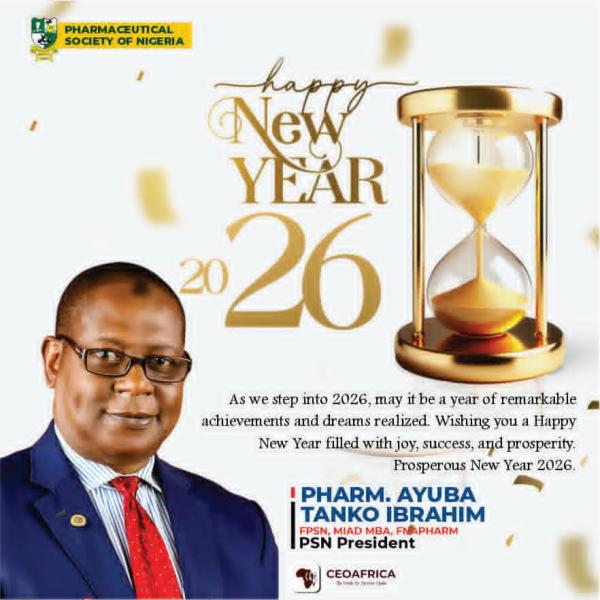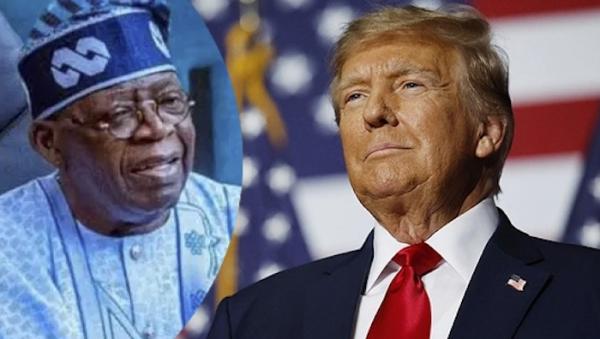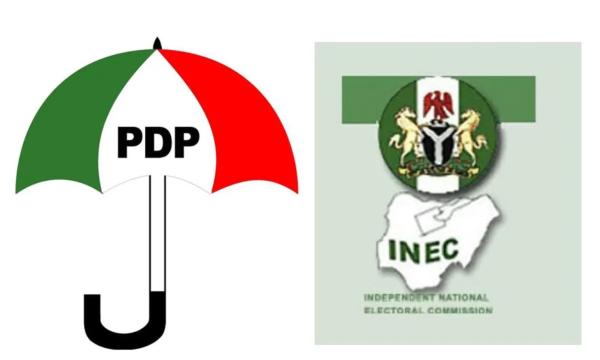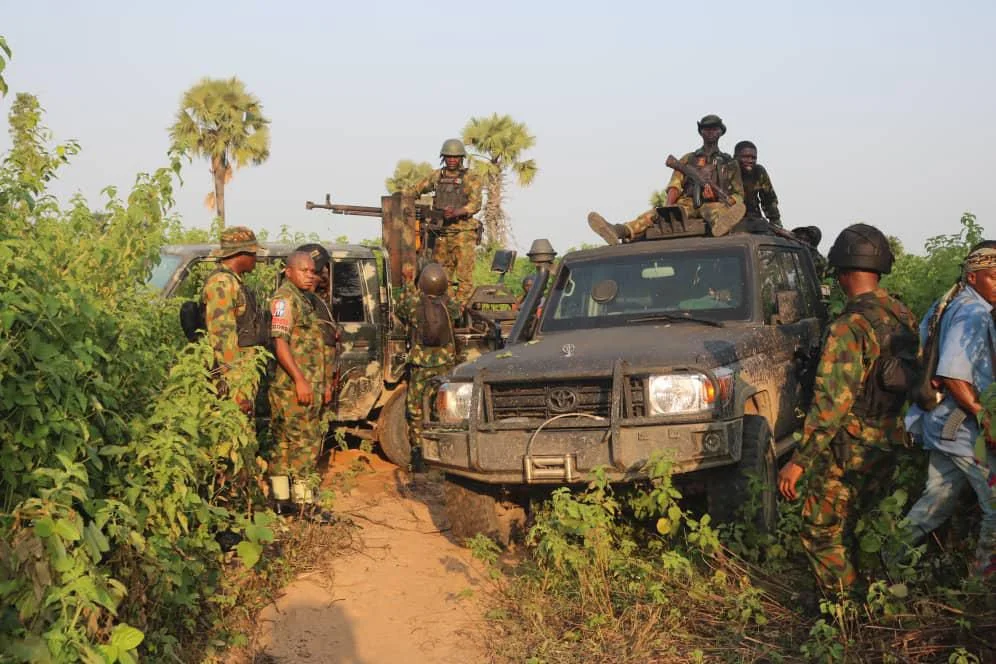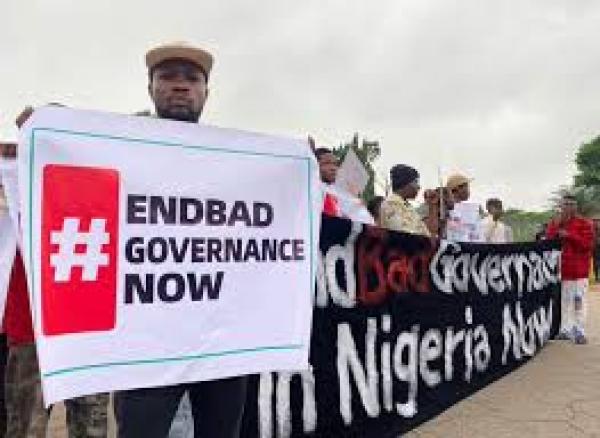
The organizers of the 2024 #EndBadGovernance protest have announced a nationwide demonstration against the emergency rule in Rivers State and the alleged misuse of the Cybercrime Act to stifle free speech.
The protest, scheduled for April 7, 2025, is tagged “Nationwide Protest Against Bad Governance and Free Speech Suppression.”
A flyer circulating on the social media platform 𝕏, shared by the Take It Back (TIB) Movement, one of last year’s protest organizers, calls for supporters to converge at the National Assembly in Abuja.
The protest aims to challenge President Bola Tinubu’s declaration of emergency rule in Rivers State and the alleged misuse of the Cybercrime Act by the police to “hunt activists, journalists, and social media influencers.”
The National Coordinator of the TIB, Juwon Sanyaolu, explained in an interview with Punch that the protest would focus on two key demands: the repeal of the Cybercrime Act and the end of the emergency rule in Rivers State.
Sanyaolu said, “The Cybercrime Act has been used to suppress free speech, with journalists, activists, and social media users like SeaKing and others being its frequent victims.”
He also addressed the ongoing political crisis in Rivers State, calling for the reversal of President Tinubu’s emergency rule.
“We are calling for the full reinstatement of all organs of government that have been suspended, including the State House of Assembly, the Executive, and all relevant authorities,” he added.
The president’s decision to declare emergency rule on March 18, 2025, followed a protracted political crisis between Governor Siminalayi Fubara and the Rivers State House of Assembly, which is loyal to former governor Nyesom Wike.
Despite widespread controversy over the move, with critics arguing that it violates the Nigerian constitution, the National Assembly has supported President Tinubu’s decision.
Further highlighting the purpose of the protest, Sanyaolu stressed, “We are also calling for an end to bad governance. The policies of this administration, especially those under President Tinubu, have caused so much suffering among Nigerians.”
The protest, while primarily focused on Abuja, is not restricted to the capital. Sanyaolu indicated that additional protest locations across the country would be announced soon.
The Nigerian Police Force, on the other hand, has consistently denied accusations of targeting journalists and suppressing press freedom under the Cybercrime Act.
Police spokesperson Muyiwa Adejobi, in a video posted on Facebook last month, emphasized that the force was not engaged in witch-hunting anyone for criticizing the government or its officials.
“The Nigeria Police Force has not been witch-hunting anybody with the use of the Cybercrime Act.
“We arrest and prosecute those who spread falsehoods, fake news, and misinformation to discredit individuals and institutions. It’s about verifying your stories and ensuring balance before posting online,” Adejobi stated.
Despite the police’s assurances, a growing number of journalists and media figures have raised concerns over the increasing use of the Cybercrime Act to silence dissenting voices.
Last year, prominent figures including Segun Olatunji, former editor of First News, and Dayo Aiyetan, Executive Director of the International Centre for Investigative Reporting, were among those who faced repercussions under the Act.














